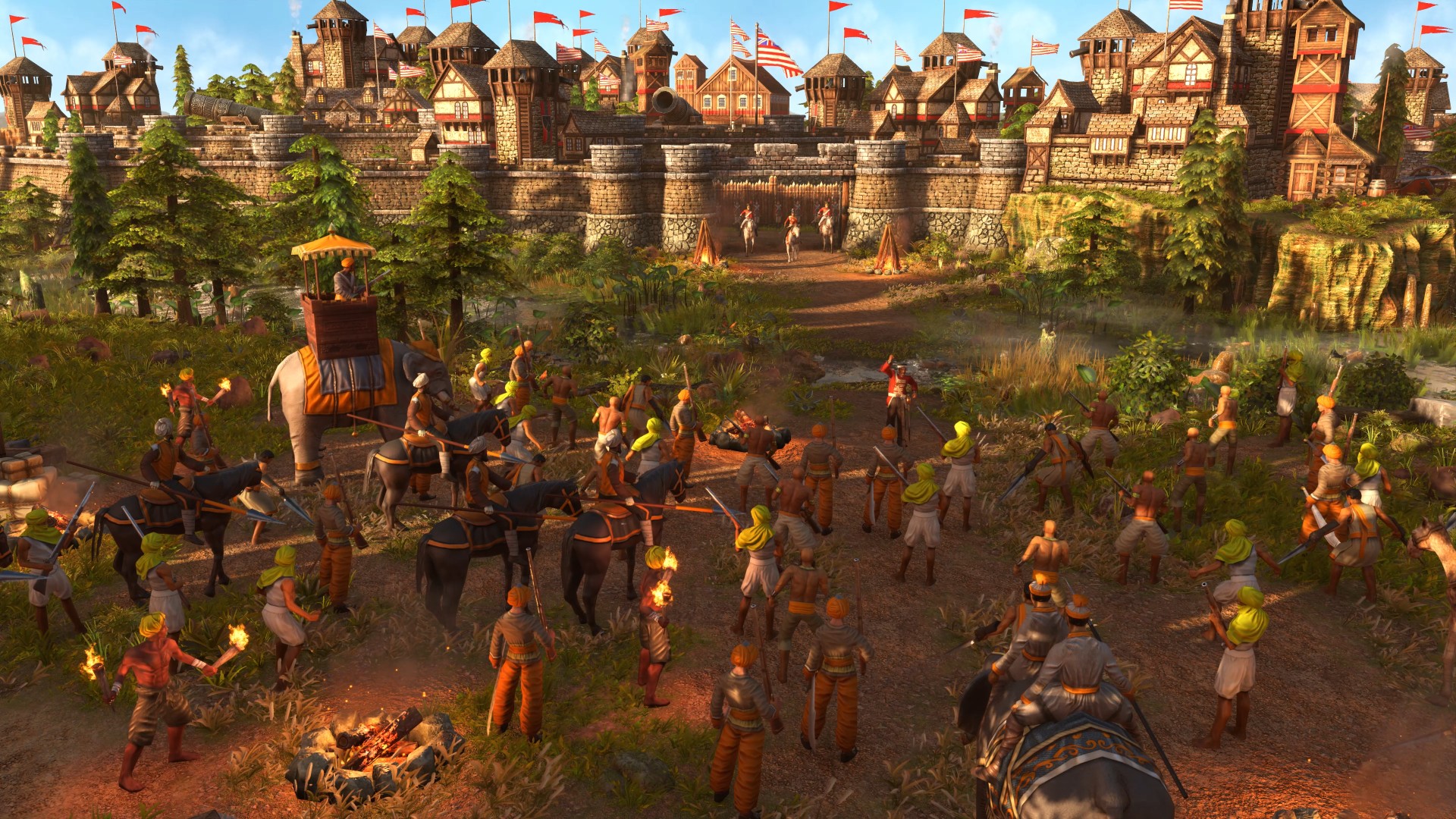
Perhaps this was the result of the entropy that befalls all empires. However, the fall of the empire to Alexander the Great by 330 B.C.E. The Persian Empire also benefited from being well-connected by a series of roads, using a standardized official language, having a bureaucracy, and establishing many of the other hallmarks of future empires.

This made revolts infrequent and gave its many nationalities a stake in the empire’s continued existence the Old Testament declared Cyrus the “anointed of God.” For example, he allowed the empire’s heterogeneous population’s cultural and religious autonomy. by Cyrus the Great, who was notable for establishing some of the policies that made his empire successful. The Persian Empire managed to successfully rule much of the Middle East, Central Asia, and parts of South Asia and Europe for hundreds of years. The Assyrians were in turn replaced by the Persian Achaemenid Empire, which were replaced by… well you get the idea.The Achaemenid Persian Empire was the first major global empire in history, spanning most of the civilized world and containing 44 percent of the world’s population at the time, a proportion that has never since been exceeded. The Assyrians replaced the Akkadians with an even larger, more powerful empire. Though these two empires collapsed, they were inspirations and lessons for later empires. The financial and administrative burden of running the empire made it crumble from within and gave enemy armies an easier target. Dust they could handle, but this expansion was expensive and made a lot of enemies.

By contrast, the Assyrian Empire, like many empires since, collapsed because it depended on military expansion. As dust and drought choked Mesopotamian agriculture, whole cities disappeared from the archeological record.

Several centuries of dry and dusty conditions-caused by climate change and over-farming-crippled the mighty Akkadian empire. Why did it collapse so quickly? Archaeologists now believe they have identified the small but powerful culprit: dust. The Akkadian Empire lasted for somewhere between 100 and 200 years.


 0 kommentar(er)
0 kommentar(er)
